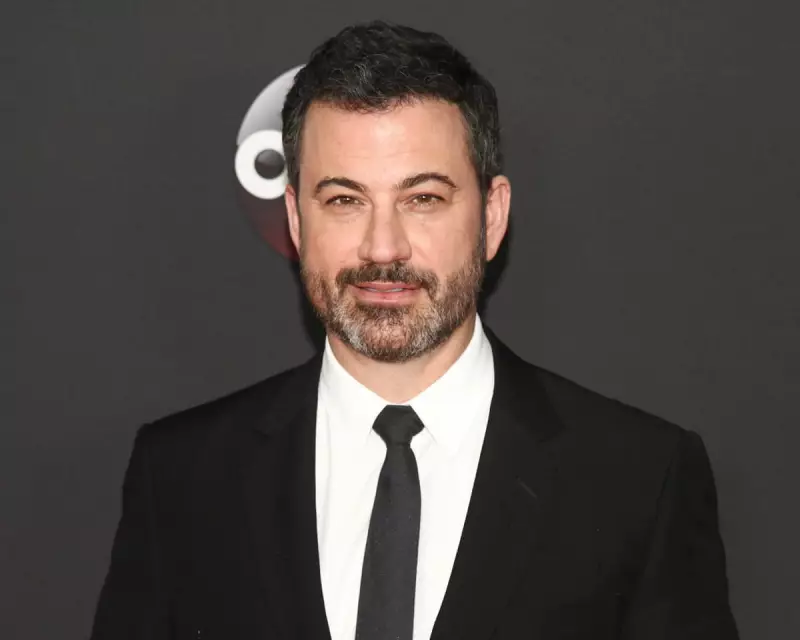
The world of late-night television has been plunged into a fierce debate about the limits of comedy and free speech after a targeted campaign led to the abrupt cancellation of UK broadcasts for American hosts Jimmy Kimmel and Stephen Colbert.
The controversy erupted when a prominent conservative advocacy group, armed with a meticulously compiled dossier of the comedians' most provocative on-air moments, successfully pressured broadcasters and advertisers. Their argument was not merely about offence but framed as a stand for 'traditional values', claiming the hosts' content was inconsistent with British broadcasting standards.
The Heart of the Controversy
At the core of the issue is a fundamental clash of ideologies. The campaigning group presented clips, often stripped of their satirical context, depicting Kimmel and Colbert's monologues on sensitive topics like religion and politics. For the broadcasters, the financial threat of an advertiser boycott became too significant to ignore, leading to the sudden scheduling change.
This decision has, in turn, provoked a massive backlash from free speech advocates and fans. They argue that capitulating to a motivated interest group sets a dangerous precedent, where any sufficiently organised faction can silence voices they disagree with by leveraging commercial pressure.
A Chilling Effect on Satire?
Many commentators are asking: where does this leave satire? For centuries, British culture has celebrated the satirist's role in puncturing pomposity and holding power to account. The fear now is that a new, powerful form of censorship is emerging—not from the state, but from a combination of interest groups and corporate risk-aversion.
If comedy becomes subject to a constant threat of deplatforming based on selective outrage, the creative freedom to challenge and provoke—a cornerstone of the art form—could be severely diminished. Comedians may begin to self-censor, avoiding contentious topics altogether for fear of financial repercussions.
Two Sides of the Same Coin
The debate perfectly encapsulates the modern free speech dilemma. One side views the cancellations as a justified victory for accountability and decency, arguing that freedom of speech does not guarantee freedom from consequences. The other sees it as an alarming case of censorship-by-proxy, where speech is stifled not by law but by fear and commercial pressure.
This incident transcends the fate of two television shows. It forces a uncomfortable question upon the British public: in the digital age, who truly gets to decide the boundaries of acceptable speech—the public, broadcasters, advertisers, or the most vocal campaigners?





